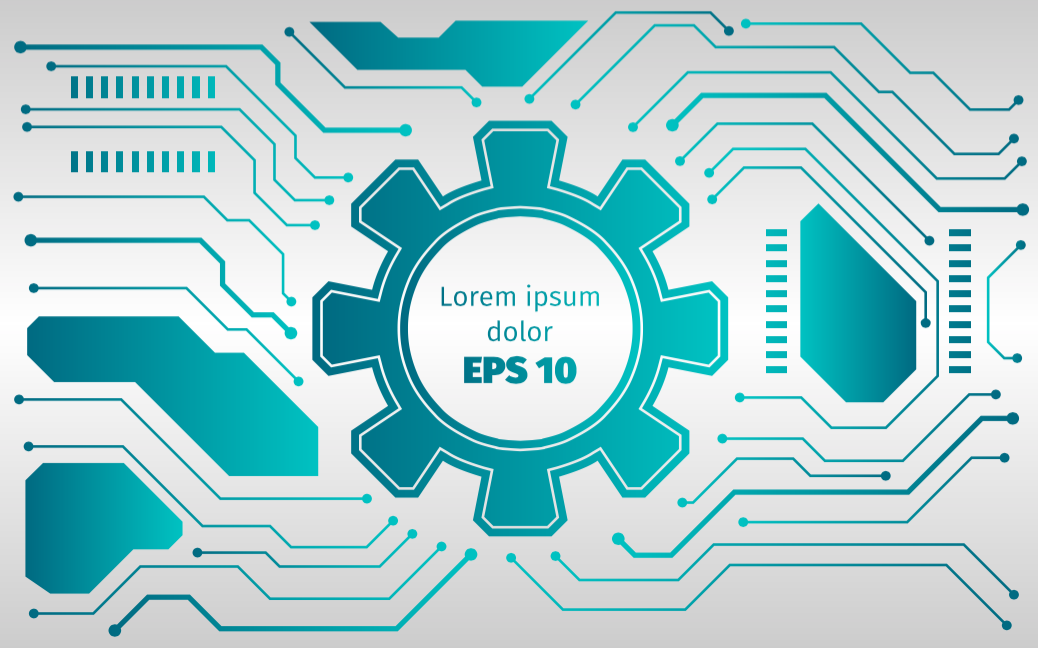Late in 2016, a group of organizations closely tied to the advancement of Internet of Things (IoT) ecosystem, came together to publish a white paper entitled Semantic Interoperability for the Web of Things. This paper demonstrates the critical need for organizations in the space to work together towards consensus building, driving development, and standardization for accelerated IoT market growth.
The participating organizations included:
- The Institute of Electrical and Electronics Engineers (IEEE), the world’s largest technical professional organization dedicated to advancing technology for humanity.
- The Alliance for Internet of Things Innovation (AIOTI), an organization dedicated to strengthening the dialogue and interaction between the IoT stakeholders in Europe and to contribute to the creation of a dynamic European IoT ecosystem.
- oneM2M, the global standards initiative for Machine-to-Machine (M2M) communications and IoT.
- The World Wide Web Consortium (W3C), an international consortium where member organizations, a full-time staff, and the public work together to develop web standards.
In a press release announcing the publication, Dave Raggett, W3C lead for the Web of Things, claims, “The joint white paper is a valuable initial step for building a common understanding across organizations about the vital role that semantic descriptions can play in enabling interoperability.”
The white paper also set forth a mission statement on the critical needs for semantic interoperability in IoT and served to set the tone for an open discussion that will help drive the necessary collaboration, convergence, and alignment of this interoperability. Cross-organizational efforts such as these will push forward progress, and as white paper editor Paul Murdock states, the paper “focuses the conversation and further challenges the community to develop an open and shared roadmap for semantic interoperability that will drive further growth in the IoT.”
As regular readers of this blog, and/or supporters of the OpenStand Principles, know, we are continuously supportive of efforts to increase and encourage the development of market-driven standards that are global and open, in IoT and beyond. These types of collaborative efforts among giants in our industry are going to be crucial in the next several years as the internet and IoT continue to grow and develop.
Interested in contributing to the discussion of open standards? Become an OpenStand advocate by signing your name on our website as a supporter of these principles.

